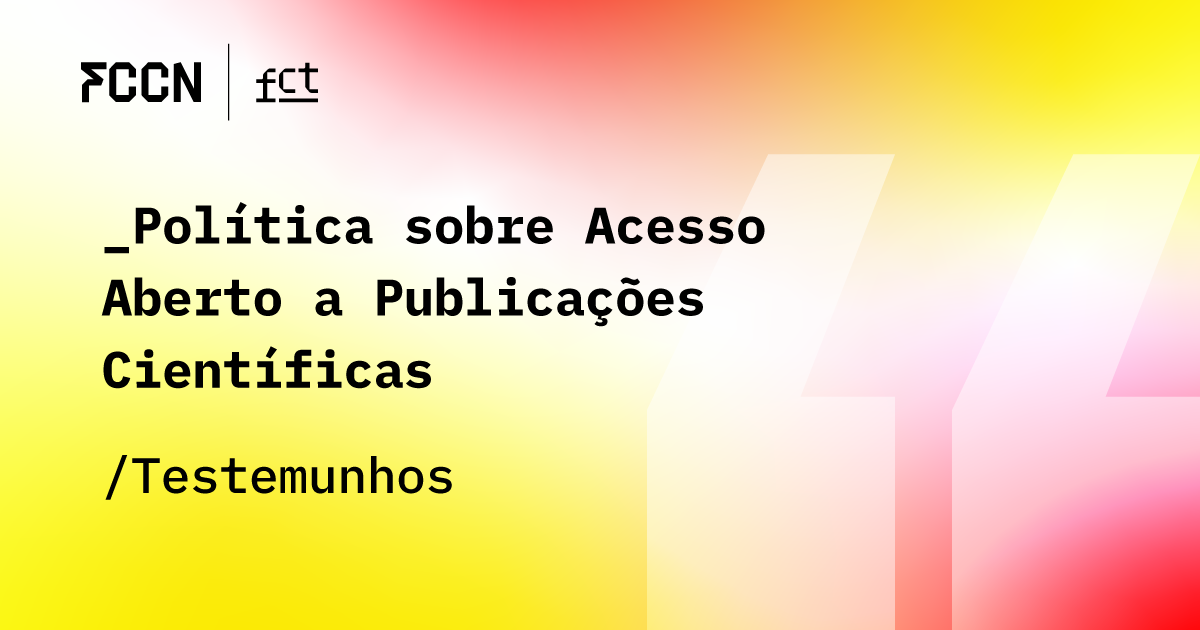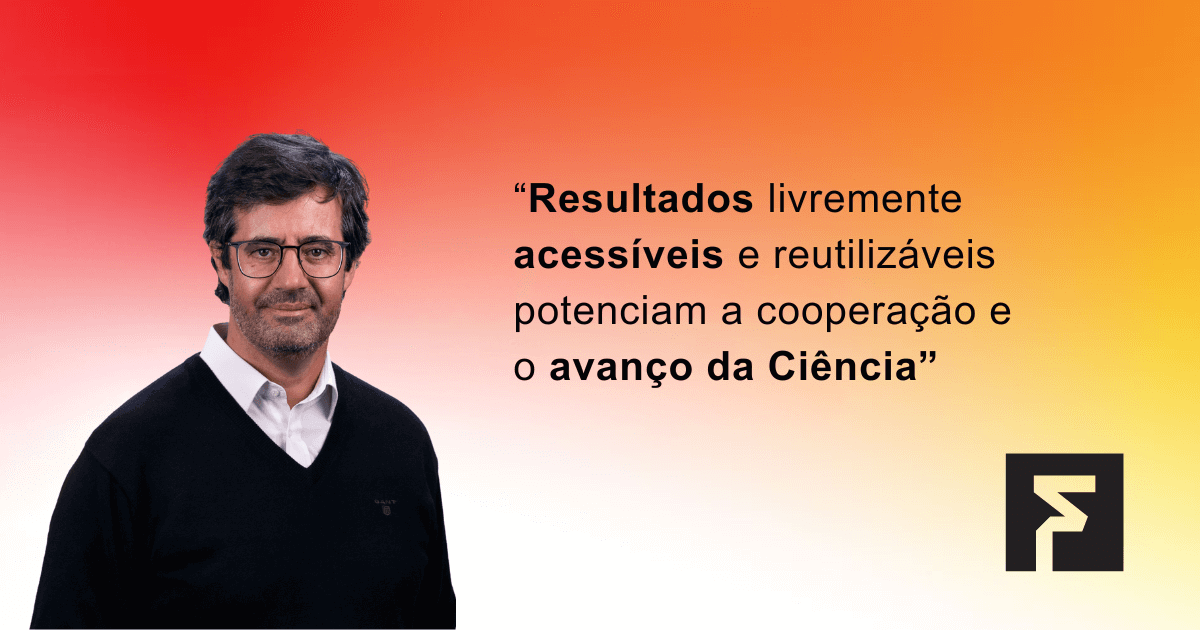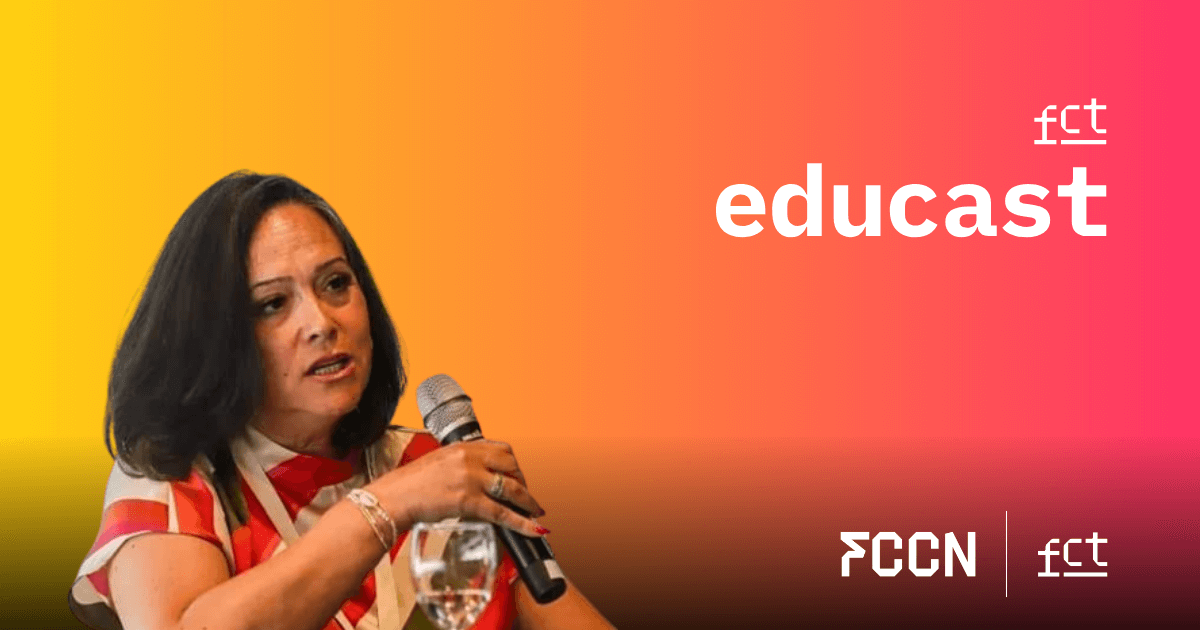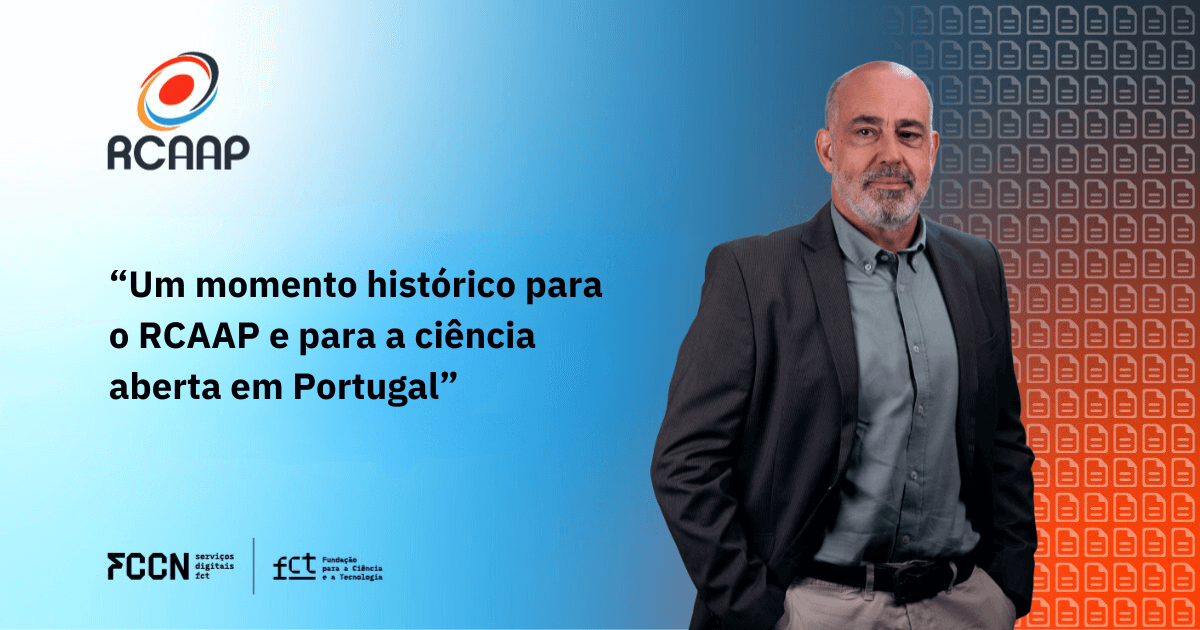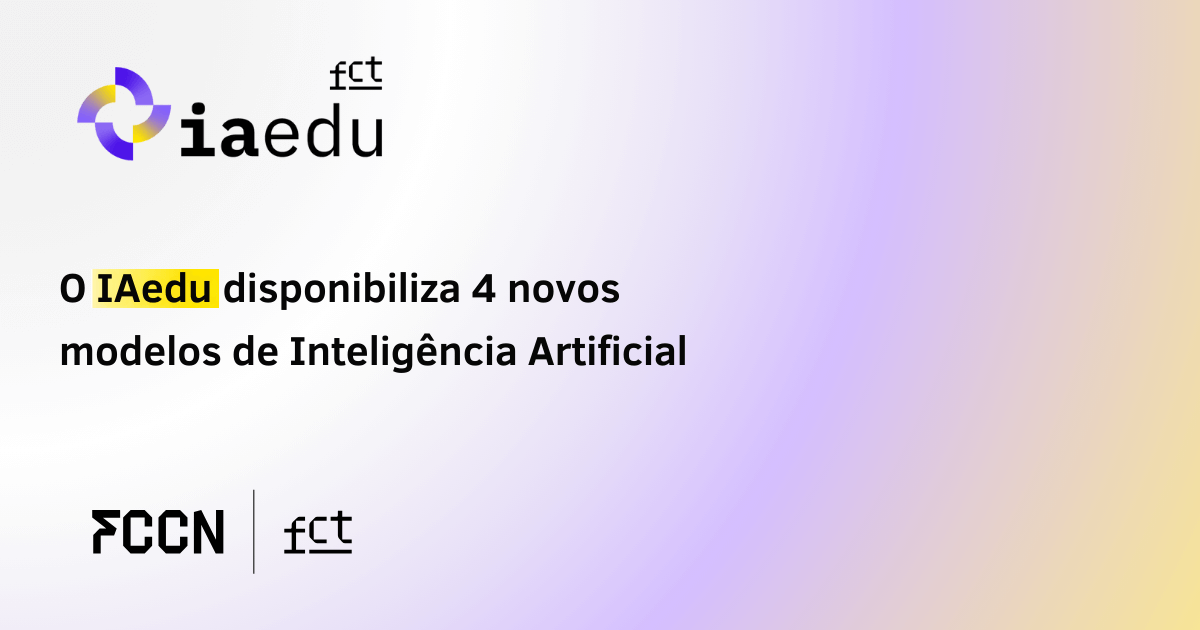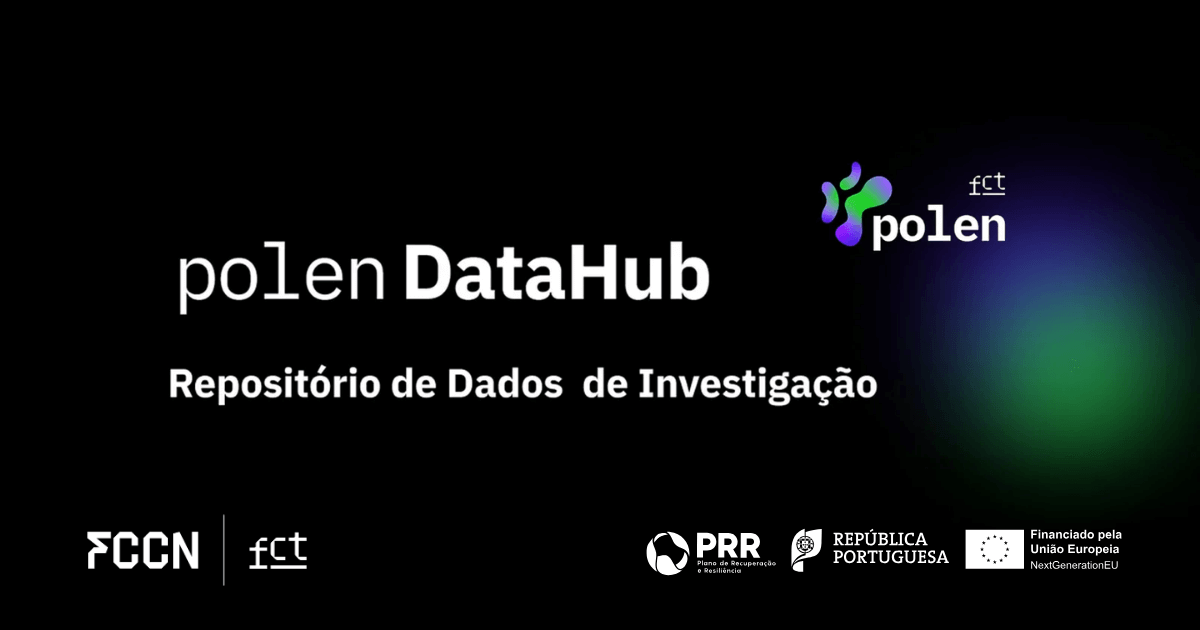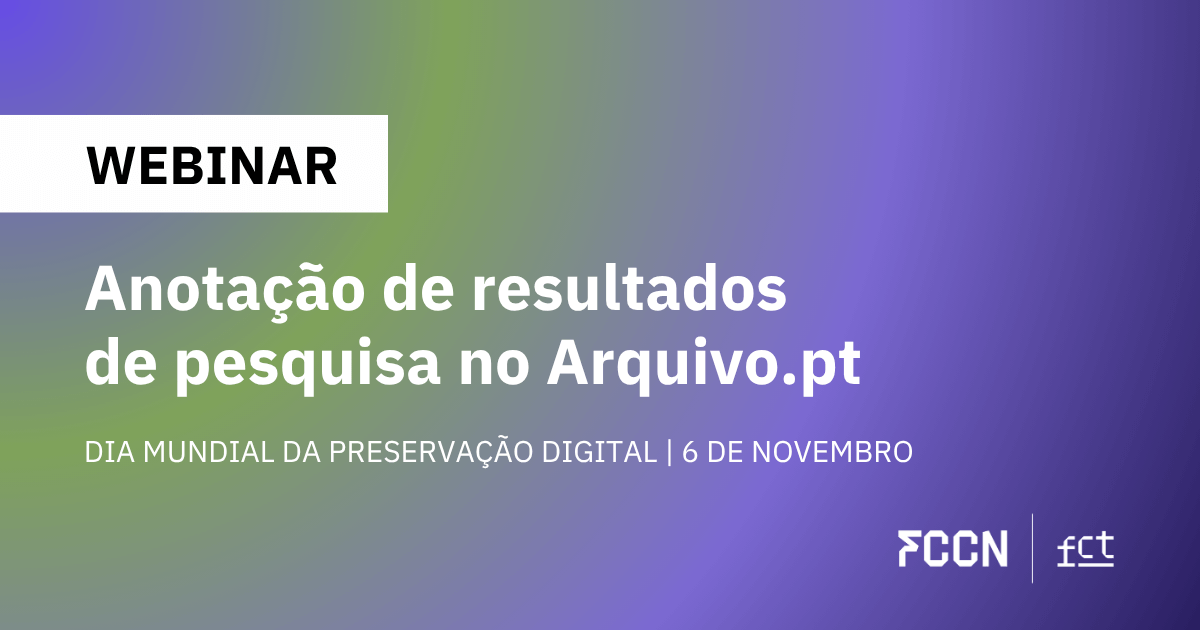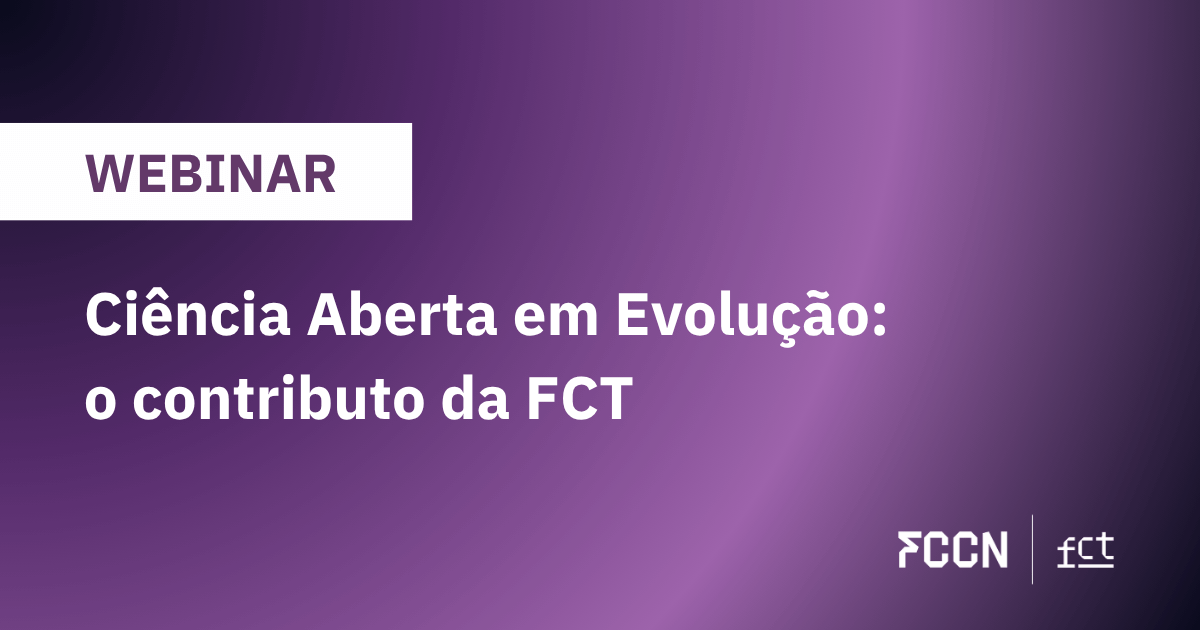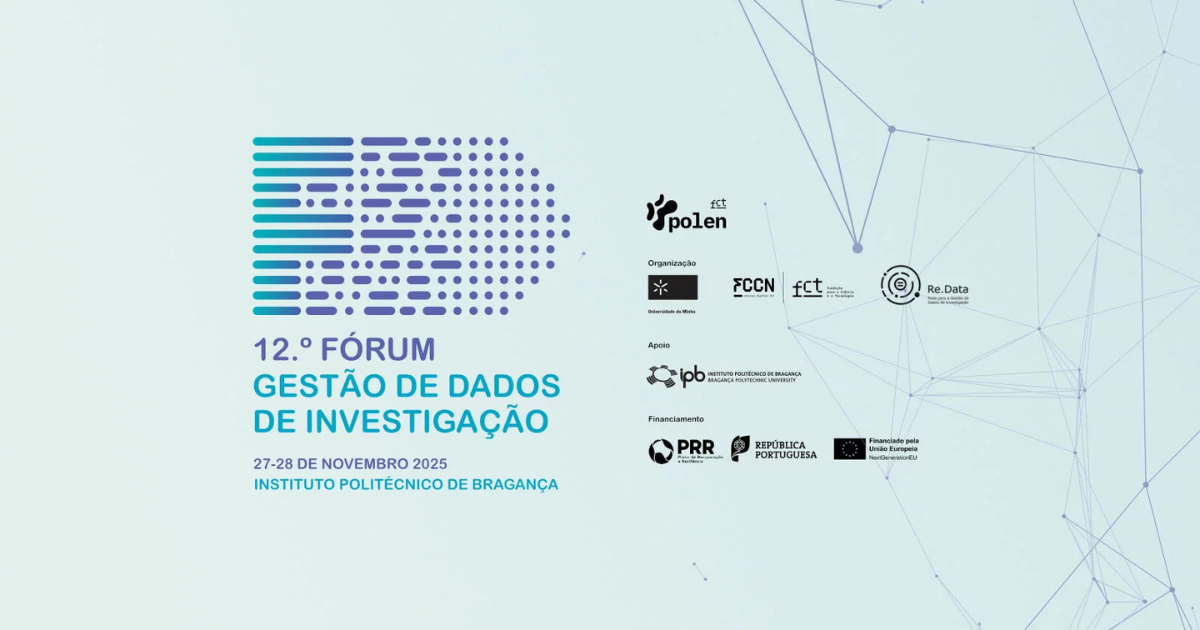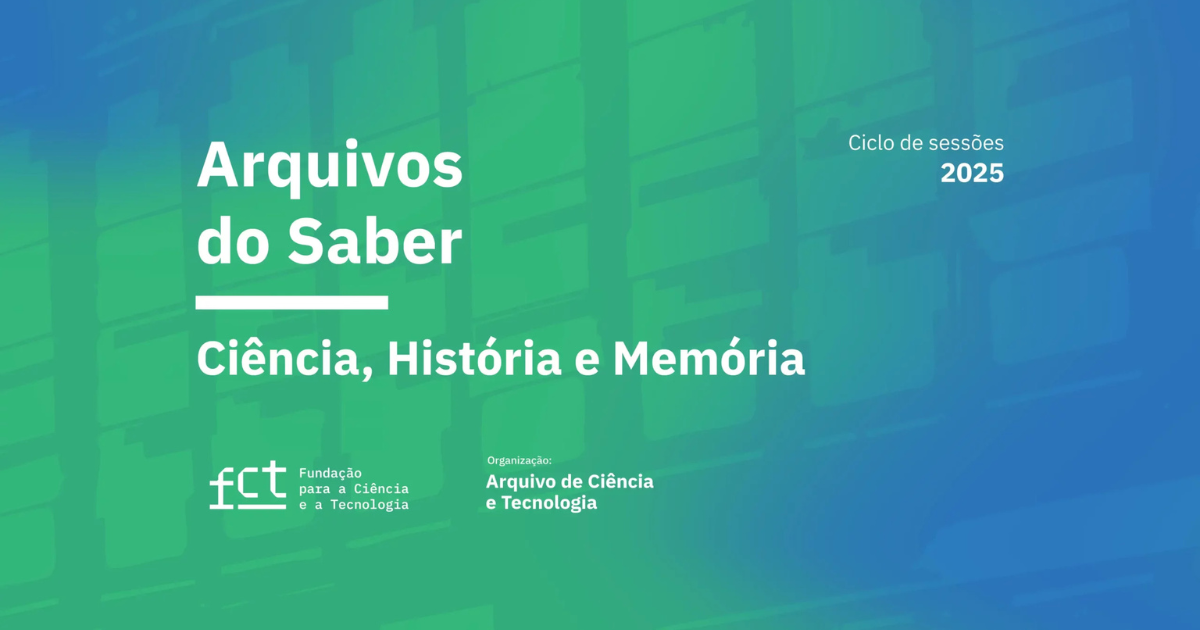

Knowledge is one of the fundamental pillars of science and humanity. Since the dawn of civilization, human beings have sought knowledge to better understand the world around them and develop new technologies and solutions to complex problems. Without knowledge, science would not be able to advance, and humanity would not have achieved the progress we enjoy today.
The importance of knowledge in science is evident in all fields. In physics, for example, it is through understanding fundamental principles that scientists can develop new theories and discoveries. In medicine, knowledge is crucial for the development of new treatments and medical technologies. In biology, knowledge is the foundation for the study of life and its evolution.
The Unit FCCN provides relevant infrastructure and services in the area of knowledgeThrough b-on, it ensures the community access to sources of scientific information of recognized prestige and quality. It promotes, supports, and facilitates the practice of open science by the national community, especially in open access aspects, through RCAAP and PubIn, and open data, through the POLLEN. Additionally, FCCN works to facilitate the management and access to information on science and technology in Portugal, through PTCRIS and of the CIÊNCIAVITAE.
The services mentioned are constantly being optimized. In 2022, for example, the initiative Online Knowledge Library had a huge impact, with nearly 20 million downloads of scientific publications. Furthermore, transformative agreements were established, allowing authors to publish in open access at no additional cost, promoting greater dissemination of national scientific knowledge.
The year 2023 will be marked by the availability of services for the management of research data, particularly on the website POLLEN, with the launch of the service research data plan management and of the research data repositoryThese services aim to facilitate the management and sharing of this data, strengthening research and collaboration between researchers.
It's also important to highlight the work carried out to launch the Foundation for Science and Technology's (FCT) new open access policy for scientific results, which recently underwent public consultation. This policy aims to promote open access to publications resulting from FCT-funded research, thus expanding the dissemination, visibility, and impact of scientific knowledge.
In short, FCCN provides a comprehensive set of infrastructures and services that drive the advancement of teaching and research. Its initiatives to promote open science and science management are fundamental to strengthening collaboration, knowledge sharing, and scientific advancement in Portugal.
